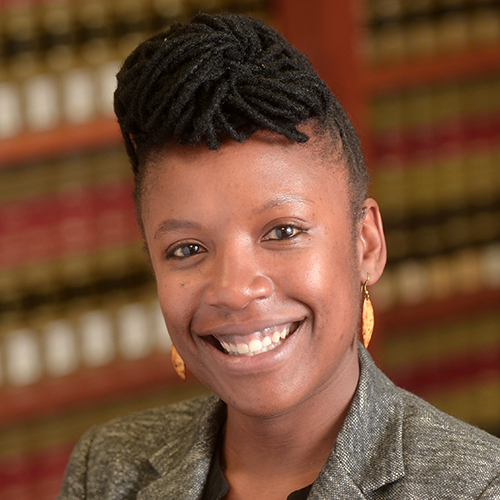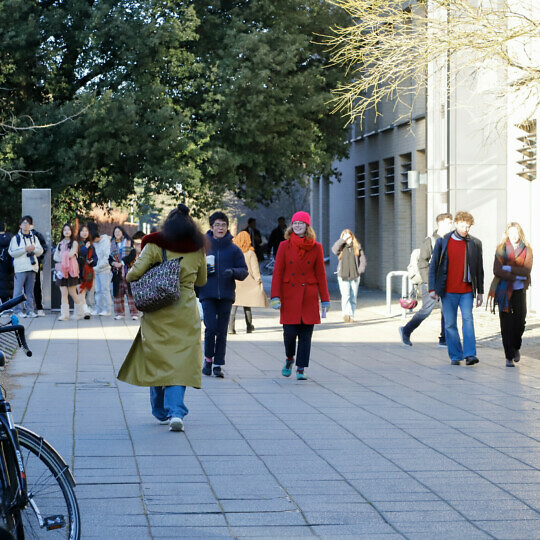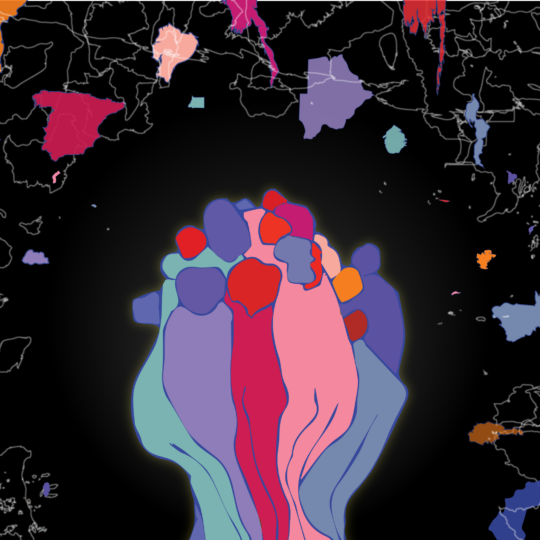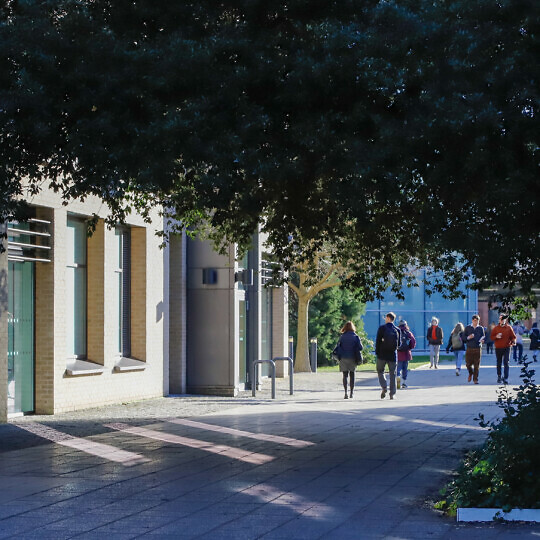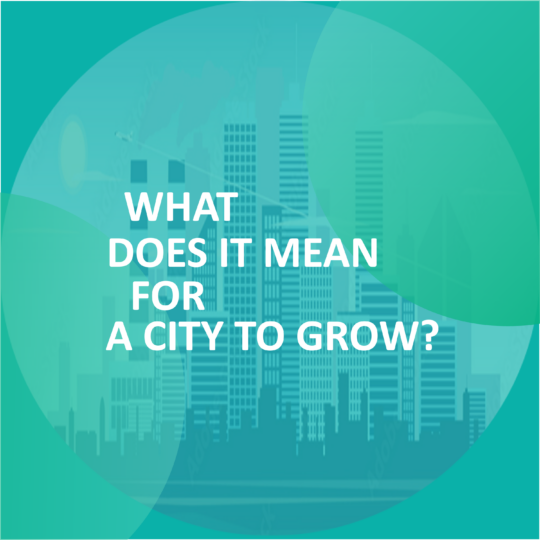| 7 May 2024 | 13:00 - 17:00 | SG1, Alison Richard Building, 7 West Road, CB3 9DP | |
- Description
- Programme
- Call for submissions
Description
Convenors
Keynote speakers
- Tristan McCowan (UCL)
- Christine Schwöbel-Patel (CRASSH Visiting Fellow / University of Warwick)
- Liam Saddington (University of Cambridge)
- Emma Wordsworth (University of Cambridge)
Summary
Climate change and sustainability are social issues, to a large extent perpetuated by social, political, and economic systems that shape and govern our access to resources, livelihood possibilities, and capacity to change, as well as to utilise old and new technologies and livelihood practices in order to mitigate and adapt to new realities. Furthermore, the way we talk about and frame these issues also shapes how we conceive of solutions and our abilities as individuals and communities to act.
Cambridge Zero and the Centre for Research in the Arts, Social Sciences, and Humanities (CRASSH) invite you to the Symposium ‘Climate change is a social issue! The symposium will bring into focus the impact and contributions the social sciences, arts, and humanities have had on climate and sustainability-related discussions, ranging from engaging communities and practitioners to instigate climate action; (re-)framing climate and environmental narratives, solutions, and technologies; allaying emotions of anxieties, grief and loss; contextualising the ‘place’, geographies, and politics of green transitions and climate-related negotiations; to creating usable and applied histories and archaeologies. Changing our understanding of climate change and sustainability issues, how they arose, and how they can exacerbate unjust transitions is a huge endeavour that is hard to quantify and hardly recognised, but has potentially huge social impacts.
The symposium will feature a number of keynote presentations from senior Cambridge academics, and we are inviting submissions from Early Career Researchers (Cambridge Postdocs, PhD and Masters students) to present their research. The symposium aims is to highlight the necessity of social science, humanities, and arts research around climate change as well as to strengthen collaboration cross-disciplinary collaboration including with STEM disciplines, business, and others, in order to make social, policy, economic, and technological advances more impactful at local and national scales.
If you have specific accessibility needs for this event please get in touch. We will do our best to accommodate any requests.
Supported by:


Programme
| 13:00 - 13:30 | Lunch |
| 13:30 - 13:35 | Welcome and opening of cases seminar series
|
| 13:35 - 14:05 | Keynote: ‘Climate change education: from topography to reimagining’ Inert and coercive forms of climate change education fall far short of the transformative, agentic experience needed for meaningful change in individuals and societies. This presentation instead proposes a topography approach, in which the role of the university is not to teach climate change, but to curate a diverse environment of learning experiences. The proposed framework sees learning as being distributed across three spaces (classroom, campus, and community) and characterised by features of access, ownership and connection |
| 14:05 - 14:20 | ‘Unveiling the intersectionality of IT use, climate change, and geopolitical dynamics in occupied Palestinian territories’ This presentation delves into the intricate relationship between IT use, climate change, and geopolitical dynamics in occupied Palestinian territories, an area often overlooked in scholarly discourse. As systems borrowed from the West permeate the region, there is a critical need to understand their long-term effects within a colonial context. Furthermore, the recent war on Gaza has exacerbated climate distortions, highlighting the urgent need for advocacy from a geopolitical perspective to address the harm inflicted upon indigenous communities. |
| 14:20 - 14:40 | ‘Relational pedagogies: re-orienting learning for an epistemology of entanglement’ To imagine ways we might live through the current environmental crisis, we could consider ourselves as ‘entangled’ within the world in its affective state of becoming – knowing that our actions and futures are constantly engaged in relation with all else. My research contributes to the body of work that approaches this mindset shift through Environmental Education (EE). I explore ways we can apply concepts of ‘entanglement’ and ‘relationality’ to the process of learning through embodied creative activities, suggesting that an understanding of the world through these concepts could encourage mindset shifts towards sustainability. The goal of my research is to explore a pedagogy for an onto-epistemology of relationality, with the hope of helping schools nurture mindsets capable of learning to live sustainably in a changing climate. |
| 14:40 - 14:50 | Break |
| 14:50 - 15:10 | Keynote: ‘The green transition’s extractivist legal underbelly’ The contemporary legal debate on climate justice and the green transition is principally framed around heroic attempts of legal activists, Indigenous groups, and communities seeking justice through the courts. This is underscored by recent legislation aimed at building green industrial programmes, including in the US with its Inflation Reduction Act and in the EU with its Green Deal Industrial Plan. From this perspective, law offers a powerful tool for decarbonisation, and an overall ‘just’ transition. However, what this story omits to tell is how legal instruments are mobilised to support extractivism, to disempower Indigenous peoples in so-called ‘sacrifice zones’, and to facilitate the smooth transit and accumulation of capital to the capitalist centre. It is this latter side of the green transition that I wish to explore and that offers the basis for my call for more internationalism, less law in the climate catastrophe. |
| 15:10 - 15:25 | ‘Walking backwards into a sustainable future? Historicising the science and policy of climate change mitigation’ ‘Shut down a coal plant, and you can slow global warming for a day; shut down the relations that made the coal plant, and you can stop it for good’. This idiom reflects the underappreciated truism that the ways in which we frame the climate crisis directly shape how we respond to it. Similarly, this paper advocates an historical approach to the climate crisis and the power structures that underpin climate policy. I historicise the development of paradigmatic net-zero strategies (VCMs and CDR) and, in doing so, reflect on the value of history in approaching the climate crisis more generally. |
| 15:25 - 15:40 | ‘The interrelation of urban sustainability projects and spatial inequalities’ Being a home for so many people, cities will be the most affected due to environmental change. Therefore, the great emphasis of governments is made on the construction of sustainable cities. Particularly, urban sustainability projects aim to make cities greener and healthier by mitigating climate change consequences, encouraging more efficient and effective ways of energy consumption, and increasing the overall quality of life of its inhabitants. However, despite the good intentions of such initiatives, they significantly contribute to the rise of spatial inequalities. This happens due to skyrocketed property prices in the district that has undergone construction of such urban green projects. |
| 15.40 - 15:55 | How might a ‘queer climate justice’ be conceptualised? Climate justice is an interdisciplinary global discourse which has gained prominence by exploring the injustice of disproportionate climate impact. However, normative inquiry is often regarded insufficient at addressing the diverse array of injustices that climate change will evoke. While scholarship has long called for more discussion on the intersection between queerness and climate change, it nonetheless remains undertheorized. I argue that a conceptual framework for ‘queer climate justice’ would help redress this. To execute my argument, I synthesise queer epistemologies with climate justice inquiry, to conceptualise principles of climate justice which extend beyond its existing focus on distribution, equity, recognition, and participation. |
| 15.55 - 16:05 | Break |
| 16:05 - 16:25 | Keynote: ‘Beyond ‘sinking islands’: resisting climate change in the South Pacific’ Alongside the lonely polar bear, low-lying island states have become synonymous with the climate crisis. Commonly understood as “sinking islands” atolls are widely understood as having a finite future and face inundation due to rising sea levels. However, these narratives have been widely resisted by Pacific Islanders as disempowering and closing down alternative futures. Moreover, contemporary research in coastal geomorphology suggests that atolls may be more resilient to sea level rise than previously thought potentially 5 providing alternative adaptation pathways. Within this talk, I will outline how Pacific Islanders have used adaptation and diplomacy to present alternative visions of their future statehood. Focusing on the Pacific small island state of Tuvalu, I will explore how land reclamation is being implemented as a means to adapt to climate change and reframe narratives on island futures. Secondly, I will explore how this land reclamation serves a geopolitical purpose and is being utilised within Tuvaluan diplomacy to advocate for greater international support on climate action. Finally, I suggest the importance of drawing on science, geopolitics and emotion when considering how climate narratives can be reframed to build hope for island communities. |
| 16:25 - 16:40 | ‘Nuclear energy, communication frames and political orientation’ The UK Government has pledged to significantly upscale nuclear energy to meet national climate commitments. Despite its mitigative potential, however, nuclear energy has proven controversial among the British public. We investigate the influence of communication frames over nuclear attitudes by analysing the results of an online survey that we launched on a nationally representative sample of the UK public. We find that assurances of nuclear safety have a significant support-boosting effect on left-leaning individuals, in contrast to individuals on the centre and right of the political spectrum, who do not appear to be affected by safety frames. |
| 16:40 - 16:55 | ‘Geoengineering, climate intervention, or climate repair? Analysing some of the framing of technologies to artificially intervene in the climate of the Polar Regions’ In an already warming world, the Polar Regions are warming at an even greater rate. Given the catastrophic effects this might have for local ecosystems and communities, and the world as a whole, proposals to artificially intervene in the climate system have been moving steadily into the political mainstream. In my presentation, I will briefly explore some of the ways such technologies have been framed, and what underlying assumptions come with different approaches. |
| 16:55 - 17:10 | ‘Discourses on low carbon inhalers in the UK’ Aly Shaaban, Emma Johnson, and Shazia Absar (Medical students, School of Clinical Medicine) Inhaler emissions contribute around 3% of the entire NHS’s carbon footprint. There is a nuanced discourse surrounding the transition to use of low-carbon dry powder inhalers which is influenced by pharmaceutical companies, professional bodies, and patient groups. In light of NHS England’s net zero strategy, we are performing a discourse analysis to investigate these narratives. 6 By identifying and analysing relevant literature from these groups, our study will shed light on the complex social dialogue surrounding this critical aspect of sustainable healthcare. This will underscore the importance of understanding diverse stakeholder narratives in shaping environmental practices in respiratory care. |
| 17:10 -17:15 | Lightning Round – 2 minute talks ‘Speculative pathways: translating climate futures from data to artwork’ While scientific institutions like the IPCC produce data-driven projections of possible climate futures, artists have been imagining what this data might mean culturally in communities around the world. The translation of climate knowledge between scientific, civic, and artistic epistemologies represents a crucial aspect of how communities imagine and enact possible futures. My dissertation explores cross-epistemological translation by examining three speculative artworks that imagine future climate events and situate them spatially and culturally within coastal communities. By analysing how these projects interpret and represent scientific data, I aim to understand how climate knowledge is reshaped in the translation between epistemologies. |
| 17:15 | Reception |
Call for submissions
We invite researchers to speak on (but not limited to):
- Changing and re-framing climate narratives among communities, authorities, and policy makers
- New frameworks that help communities, businesses, and authorities to adapt to new climate realities and increase access to resources
- The impact of climate policies, systems, and technologies on politics, economics, and societies
- The use, re-use, and (re-)invention of old and new social practices, livelihood strategies, infrastructure, and technologies to adapt and mitigate new climate realities
- Localisation of climate and environmental change
- Climate communication that makes the effects of climate and sustainability more tangible, relatable and experiential
- Shaping perspectives on health through climate and vice versa
- Barriers and solutions to sustainable and just net-zero transitions
- Religious thought and practice as motivator, resistor and/or guide for climate engagement
‘Lightning’ Presentations
There is also the option to give a 2 minute ‘lightning’ presentation instead of a 10 minute one. This would consist of a single slide and a (very) brief explanation of your research. This may be a suitable option for those just beginning their research project or to present ideas for future research projects.
Deadlines
The ECR submission deadline for the symposium: 23rd April 2024. Submissions are only open to ECRs based at the University of Cambridge.
Please submit as soon as possible as spaces are limited. Submissions received after those deadlines may still be considered, but this cannot be guaranteed.
Please submit by completing the form.



